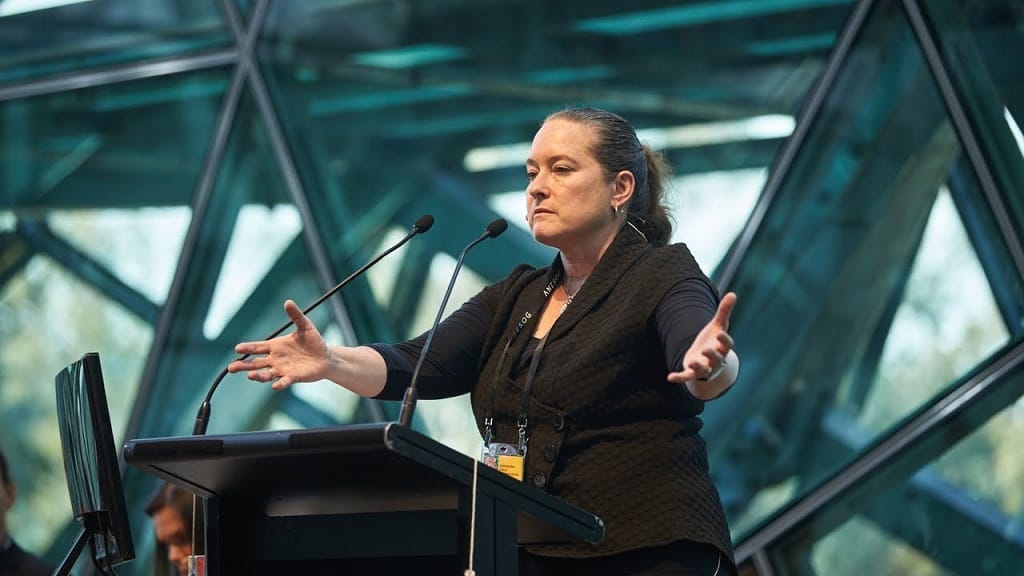Despite General Satisfaction with E-rate Program, Tribal Libraries Are Being Left Behind
Tribal community leaders are concerned over the effectiveness of outreach methods the FCC uses to fund broadband in tribal libraries.
T.J. York

WASHINGTON, November 1, 2021 – Leaders of efforts to expand broadband in Indigenous communities are sounding the alarm to the Federal Communications Commission, saying that its E-rate program to supply libraries with funding for internet infrastructure is not effectively aiding tribal libraries despite extensive use of the program by non-tribal libraries.
Separate events held Wednesday heard this contrasting experience, when in the morning, E-rate compliance service firm Funds for Learning held a session to share generally positive experiences from a survey it conducted of what E-rate applicants thought of the program, and specifically its application portal. The program, which is supported by the Universal Service Fund, provides schools and libraries with broadband subsidies to keep students connected.
Hours later that day, the FCC held a virtual listening session for tribal leaders and staff to address a lack of E-rate broadband funding requests from tribal libraries.
“Nearly 40 percent of respondents had never heard of e-rate,” chat messaged meeting attendee Miriam Jorgensen, research director of the Native Nations Institute at the University of Arizona, referencing an Association of Tribal Archives, Libraries, & Museums (ATALM) survey of tribal libraries.
“Many of those who had felt that the program was too complicated to apply for,” she said.
Susan Feller, president and CEO of the ATALM, said that tribal libraries do not see relevance for themselves in E-rate funds.
Low staff numbers causing fewer tribal applicants
Also brought up in the meeting as a possible explanation for the rarity of E-rate applications from tribal libraries was that the libraries often have a low staff capacity and seldom employ grant writers or part time employees who could assist in applying to funding opportunities.
According to Jim Dunstan, founder of Mobius Legal Group and lawyer for the Navajo Nation, many tribes are both E-rate providers and applicants for E-rate funds, causing technical problems during application for E-rate funds.
The Funds for Learning’s survey found that 73 percent of respondents planned on submitting an E-rate broadband funding application in 2022, with 46 percent saying they felt “strongly” that they would apply. Connectivity results for Indigenous nations are still low, as FCC Emergency Connectivity Fund money has gone to tribes in just nine states, while strong digital infrastructure remains rare in many Native American communities.
The response rate for the survey was higher than the response rate in each of the last four years of the survey’s administration from 2018 to 2020.









Member discussion